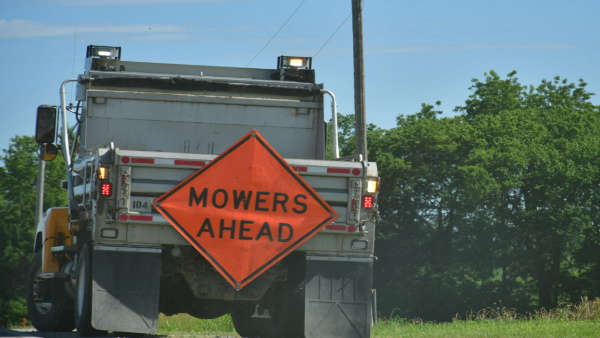According to a new report on Indiana's working families, the state ranks last among the 12 Midwest states for the percentage of adults with a post-secondary degree or credential.

United Steelworkers photo.
(Indianapolis, Ind.) - At the turn of the century, Indiana ranked average or better than the Midwest as a whole in terms of family incomes, poverty, employment rates, union coverage, and other key indicators of stability. But according to a new report from the Indiana Institute for Working Families, Indiana now has the highest rate of poverty-wage jobs and low-income working families in the region.
Andrew Bradley, senior policy analyst with the institute, says the state's own estimates show seven in ten jobs are projected to be in low-wage occupations by the year 2026.
"Since the beginning of the 21st century, we've seen a higher and higher percentage of Indiana's jobs are in low-wage occupations, meaning they don't provide enough to pay for the basics for a family of three," says Bradley.
Bradley notes the declines began as policies were enacted that limited workers' ability to organize, including taking collective bargaining rights away from public-sector employees in 2005 and the passage of so-called "right to work" laws in 2012. Proponents of those policies say they make the state more business-friendly, and argue that low-wage concerns are overblown due to the state's relatively low cost of living.
Bradley agrees being business-friendly is important, but says Indiana needs to do so in ways that also are family-friendly. He notes the state has given corporations more than $8 billion in economic development deals since 2000, but wages for the bottom half of Indiana's workforce have declined in that time.
Bradley adds basic costs for working families, such as housing and childcare, have increased five times as fast as incomes since 2009.
"So what we need to do in the future is we need to have a strong, stable and highly skilled workforce that's able to compete for the jobs, and also rewards those employees in such a way that it boosts the entire economy," says Bradley.
To help working families, the report recommends Indiana strengthen safety-net benefits and expand access to childcare, transportation, affordable housing, and broadband internet. It also suggests raising the state's minimum wage, and allowing workers to earn paid sick days, and family and medical leave.

 Superintendent Writes Letter Regarding Manchester Elementary School Closing
Superintendent Writes Letter Regarding Manchester Elementary School Closing
 Napoleon State Bank Announces Retirement of Former President, Board Member
Napoleon State Bank Announces Retirement of Former President, Board Member
 Indy Woman Identified as Victim of Fatal Crash on State Road 56
Indy Woman Identified as Victim of Fatal Crash on State Road 56
 New Patient Care Manager Named at Our Hospice of Jennings County
New Patient Care Manager Named at Our Hospice of Jennings County
 Arrest Made in Green Township Road Rage Incident
Arrest Made in Green Township Road Rage Incident
 Ripley Co. Highway Dept. Urges Motorists to Watch Out for Mowing Crews
Ripley Co. Highway Dept. Urges Motorists to Watch Out for Mowing Crews









